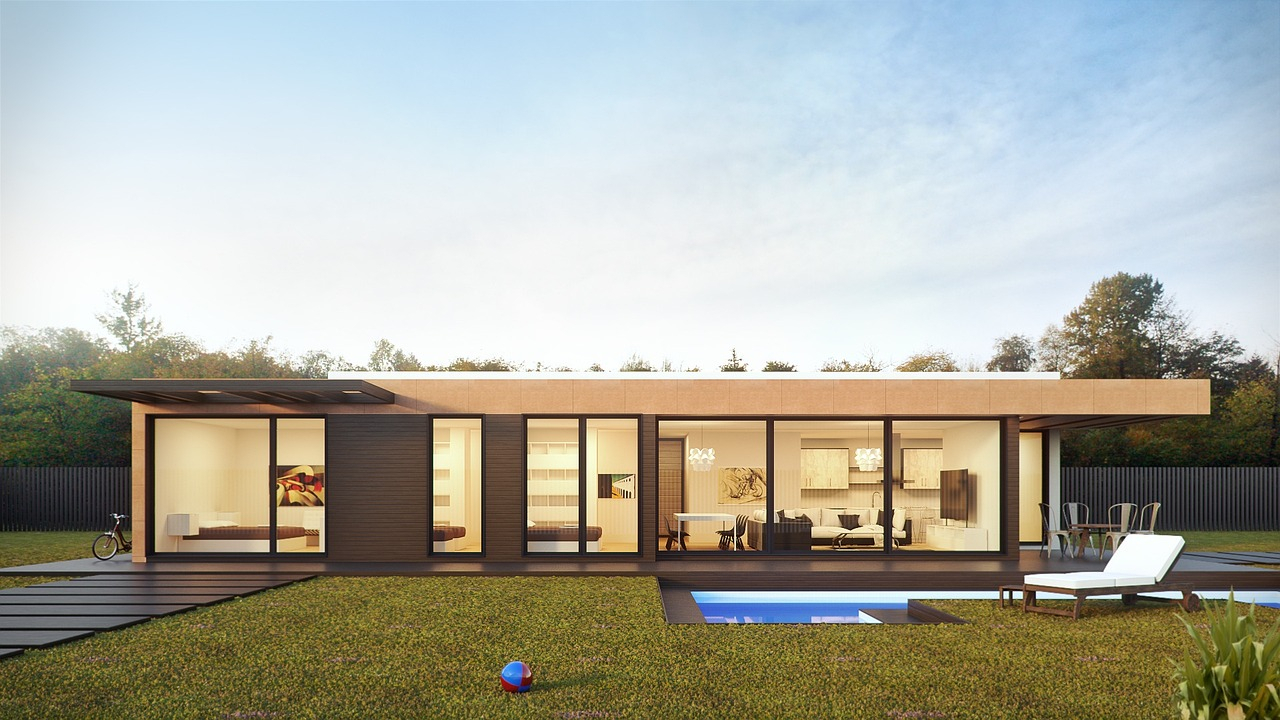Obstacles in the Path of Modular Housing Growth
The advantages of modular homes, including their rapid construction time and environmental benefits, have not been enough to shield the sector from economic challenges that have hindered its expansion. High-profile failures in both the UK and US, such as the liquidation of Modulous and the bankruptcy of Katerra, underscore the financial and operational hurdles facing the industry. These setbacks reflect broader economic pressures, including rising energy prices and interest rates, that have impacted the construction sector at large, slowing down the momentum towards adopting modular building methods.
The Potential for Modular Housing Expansion
Despite the setbacks, the future of modular housing looks promising. Countries like Sweden and Japan have demonstrated that with the right approach, modular construction can significantly contribute to addressing housing challenges. In Sweden, modular construction allows for year-round building, circumventing the limitations imposed by harsh winters. Meanwhile, in Japan, the depreciation of residential buildings over time creates a continuous demand for new, efficiently built homes. In the UK, the potential for modular housing is vast, with the capacity to build significantly more homes than are currently being produced. The US market also shows promise, with modular construction making up less than 4% of the housing stock, indicating ample room for growth.
Implications for the Future of Construction
The journey of modular housing towards becoming a mainstream solution to the housing crisis is fraught with challenges but also filled with potential. As the sector navigates through its current difficulties, the need for sustainable and affordable housing solutions could propel modular construction forward. By learning from the success stories in countries like Sweden and Japan, the industry can overcome barriers and unlock the full potential of modular building. The shift towards modular construction requires innovation, adaptation, and a willingness to rethink traditional building practices. However, the prospect of creating green, affordable homes makes it a venture worth pursuing, promising to reshape the future of housing and construction.
